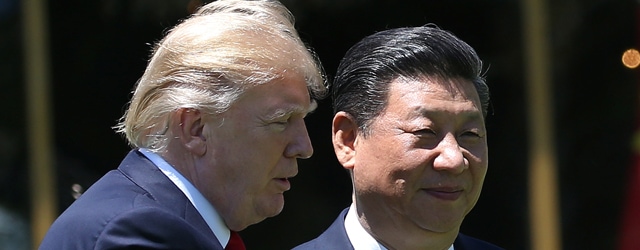Agreement affirms US commitment to existing market access with China

Following the April summit in Florida between Donald Trump and Xi Jinping, the US and China have achieved a 100-day joint action plan under the US-China Comprehensive Economic Dialogue and further discussions on more-constructive economic relations.
The new US-China trade agreement, announced in mid-May, is a significant departure from Trump’s campaign rhetoric, which repeatedly described China as “eating our lunch.” The deal gives US beef exporters immediate access to the Chinese market and also includes steps the Chinese government needs to take to open its markets in cooked poultry, biotechnology, liquefied natural gas export and financial services, including credit investigation, credit ratings and electronic payment services.
On the American side, the agreement affirms US commitment to existing market access in these industries and to China’s “One Belt, One Road” initiative (OBOR). This is strategically important, since OBOR threatens US dominance in greater Asia, especially following the collapse of the TPP and rising Chinese military presence in the region.
A close analysis suggests limited immediate economic impact and importance. “The agreement is a nice harvest of the 100-days effort, but it doesn’t amount to all that much in and of itself,” notes Susan Shirk, chair of the 21st Century China Center and a professor at the University of California in San Diego. “It includes a number of items, like beef, that had previously been agreed to.”
Several Chinese concessions will have to be followed up by implementation and regulatory reforms. The large number of agencies covering each industry, and the ongoing disconnect between Beijing and many provinces and local authorities, make it difficult to swiftly apply many of the agreed-upon items.
Likewise, the US government will have to ensure the new deal is enforced, taking into account a limited enforcement mechanism in the past. The task force at the Asia Society Center on US-China Relations recently recommended “effective tools to address the lack of reciprocity in US trade and investment relations with China” to gain public support for broader US-China economic relations.
The emerging pragmatic US economic foreign policy toward China has also included financial markets in the past few months, including Trump’s recent declaration that China is not a currency manipulator. According to US law, if the US Treasury declares China a currency manipulator, which it has not done since the 1990s, new US legislation allows Washington to retaliate, assuming a year of negotiations does not resolve the economic conflict.



